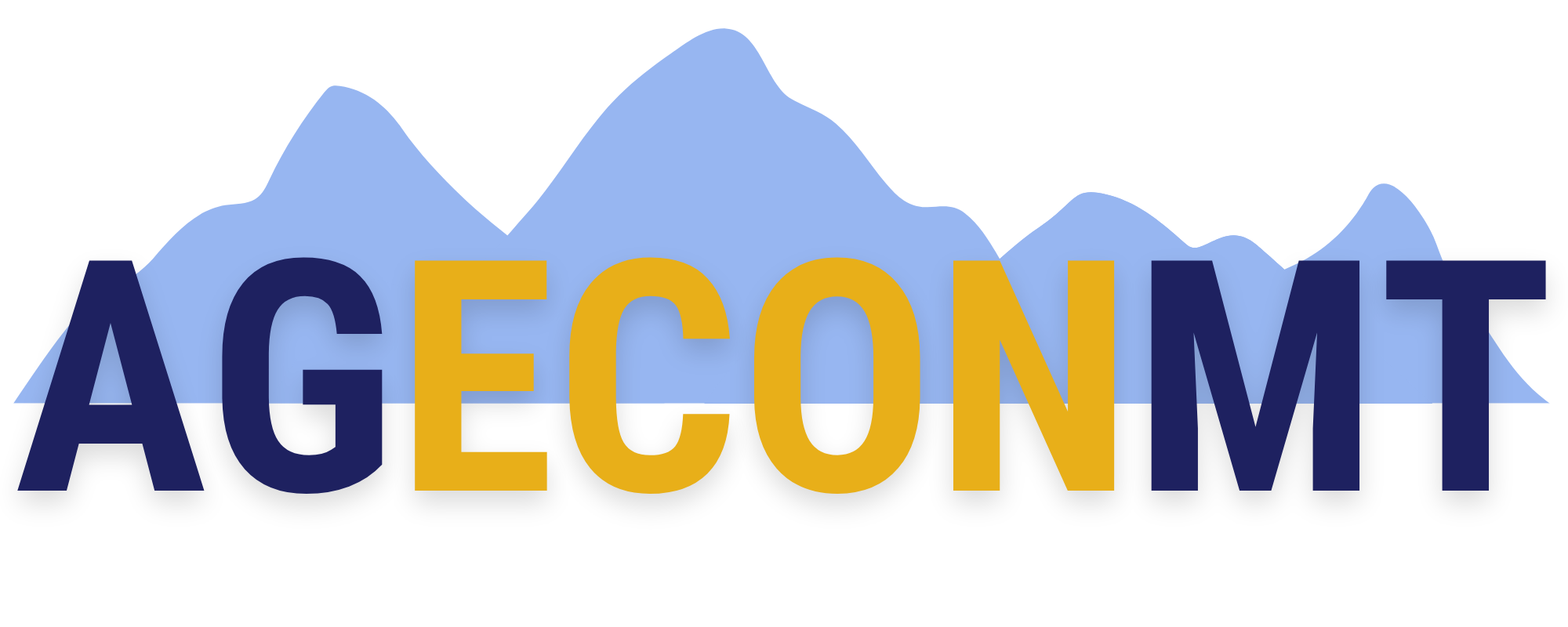Anton and Eric chat with Dr. Amanda Countryman, associate professor in the Department of Agricultural and Resource Economics at Colorado State University. We discuss issues surrounding the mandatory country of origin labeling for beef, and reasons for why it was eventually repealed. Dr. Countryman provides insights from her recent paper that examines the economic implications of the repeal and what could have happened if Canada and Mexico imposed retaliatory measures if mCOOL remained. Who benefited and who lost from the repeal? Was repealing a more economically beneficial decision or did it end up costing us more than potentially facing tariffs?
Highlights:
1:15: what’s COOL? How did it come about? Who wanted it?
4:10: Do consumers value COOL?
7:30: Who didn’t like COOL and why did COOL get repealed in the United States?
10:05: What are the economic implications of imposing COOL and then removing it?
14:15: Why did the U.S. Congress repeal COOL?
17:45: Who are the winners and losers of the COOL repeal?
20:20: Do indirect benefits exist? If so, what are they?
25:15: Does U.S. beef naturally carry a quality (and price) premium? And is there value to voluntary labeling?
28:00: Without mCOOL, will other countries simply dump their cheaper, lower-quality beef into the United States? And what are the WTO measures that exist to protect against these dumping practices?
34:00: What else is Dr. Countryman working on?
(Intro and outro music is from “Out of It” by andrewbowden licensed under CC BY 3.0)
(Photo by Colin Remas Brown is licensed under CC BY 4.0)

